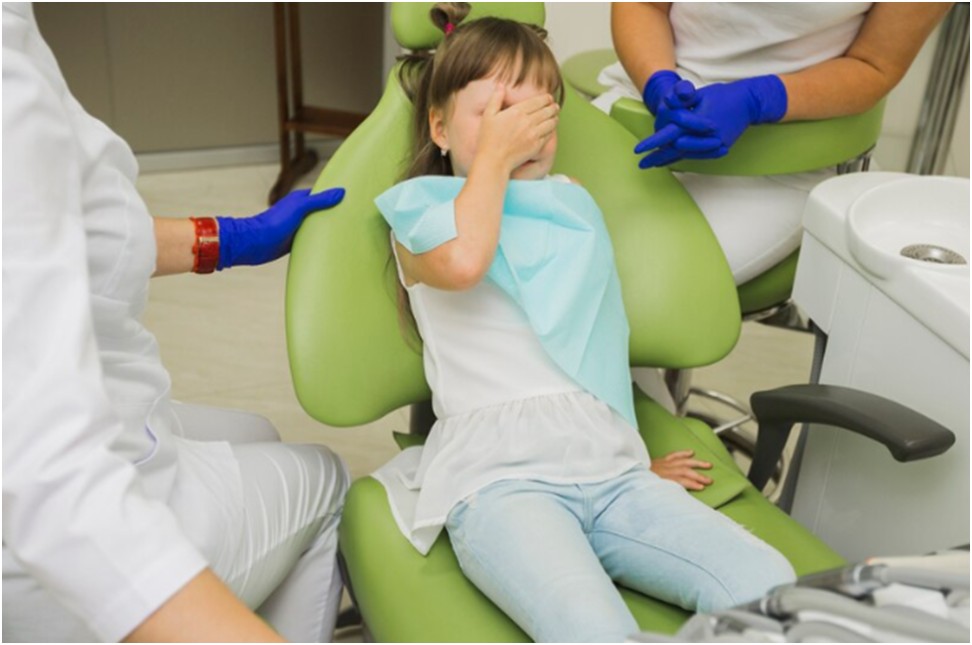Sports are a fantastic way to stay fit, have fun, and develop teamwork skills. But they also come with their share of risks. Many sports involve physical contact, like football, basketball, and hockey. Even non-contact sports can lead to accidental bumps and falls.
Sports often involve fast movements and high energy. This can lead to slips, trips, and collisions. Balls, bats, sticks, and other equipment can accidentally hit someone, causing injuries. The drive to win can sometimes lead to aggressive play, increasing the risk of injuries.
My Dental Injury during Sports as a Kid
Let me share a personal story to illustrate how easily dental injuries can happen. When I was a kid, I loved playing soccer. One sunny afternoon during a friendly match, I was going for a header, and so was my friend. Instead of the ball, our heads collided. I felt a sharp pain in my mouth and realized I had chipped a front tooth.
It was scary and painful, but it taught me a lot about handling dental emergencies. My parents and coach knew exactly what to do, which made the situation a lot less stressful. They handle the situation and after that call the dentist for detailed checkup. Here are the steps they took and what I’ve learned since then.
Ways to Handle Dental Injuries During Sports
1. Stay Calm and Assess the Situation
The first thing to do is stay calm. Panicking won’t help anyone. Take a deep breath and assess the injury. Is there bleeding? Is a tooth knocked out or broken? Understanding the severity will help you decide the next steps.
2. Immediate First Aid
For a Knocked-Out Tooth: If a tooth gets knocked out, pick it up by the crown (the part you chew with), not the root. Rinse it gently with water if it’s dirty, but don’t scrub or remove any attached tissue. Try to place the tooth back in its socket and hold it there. If that’s not possible, put it in a container of milk or a saline solution, or even inside the mouth next to the cheek to keep it moist.
For a Broken Tooth: Rinse the mouth with warm water to clean the area. If there’s swelling, use a cold compress on the cheek. Collect any broken pieces of the tooth and keep them in a moist environment, like milk, and get to a dentist right away.
3. Visit the Dentist Immediately
Dental injuries need professional attention as soon as possible. Call your dentist or an emergency dental clinic. The quicker you get emergency dental professional help, the better the chances of saving the tooth and preventing further damage or infection.
4. Use Protective Gear
While this is more of a preventative measure, it’s crucial. Wearing a mouth guard can significantly reduce the risk of dental injuries. They’re especially important for contact sports like football, hockey, and martial arts, but they’re useful for any sport where there’s a risk of falling or collisions.
Final Wording
Dental emergencies during sports can be scary, but knowing how to handle them makes all the difference. Remember to stay calm, provide immediate first aid, and get to a dentist as quickly as possible.
Also Read:
- The Top 14 PC Games
- Best Paying Jobs In Consumer Durables
- 7 Reasons You Should Rent A Home In Retirement

